Toyota hits the switch: Major new EV plans revealed
- PostedPublished 25 February 2022
Thirty new all-electric models by 2030, and new carbon-neutral goals, mark a major shift for hybrid stalwart Toyota
The Toyota Motor Corporation has announced it will offer 30 new all-electric vehicles by 2030 as part of its efforts to achieve carbon neutrality.
It also aims for its global battery electric vehicle sales, across the Toyota and Lexus brands, and in both passenger and commercial segments, to reach 3.5 million within the same timeframe.
The Lexus brand, additionally, is earmarked to become 100 per cent electric in Europe, North America and China by 2030, ahead of 100 per cent global electric vehicle (EV) sales in 2035.
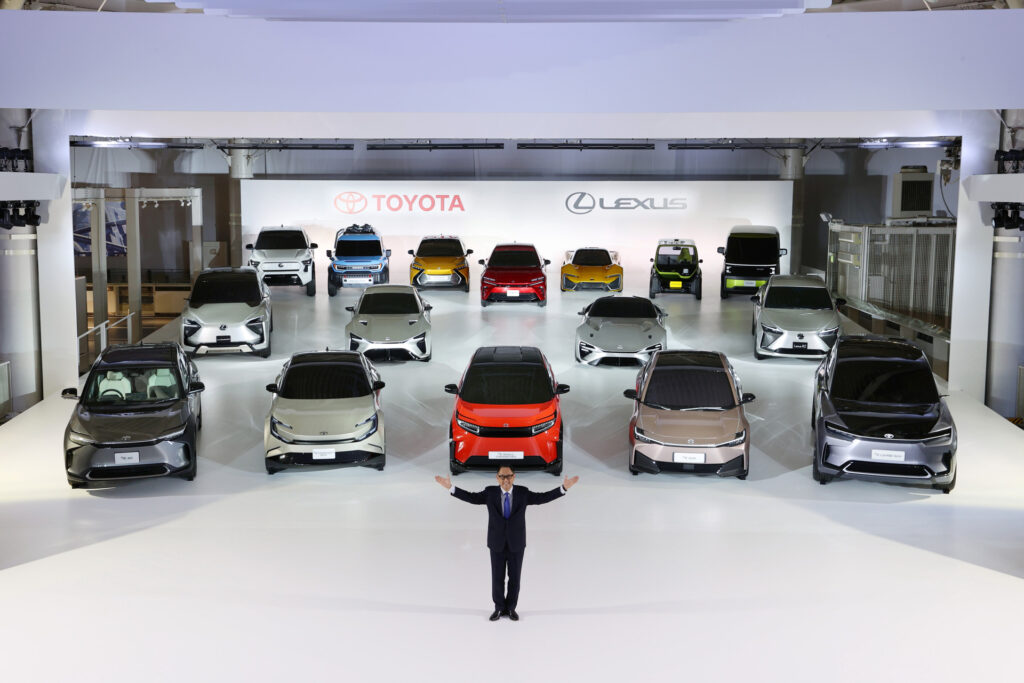
“I believe that achieving carbon neutrality means realising a world in which all people living on this planet continue to live happily,” said Akio Toyoda, president of the Toyota Motor Corporation, at the reveal event.
“We want to help realise such a world. This has been and will continue to be Toyota’s wish and our mission as a global company. For that challenge, we need to reduce CO2 emissions as much as possible, as soon as possible.”
To achieve its goal of reducing CO2 emissions and other negative environmental impacts, Toyota plans to invest $70 billion ($A97 billion) globally in electrified vehicles, including hybrids and fuel-cell variants. Of that amount, some $A48.5 billion will be invested in battery-electric vehicles from 2022 to 2030.
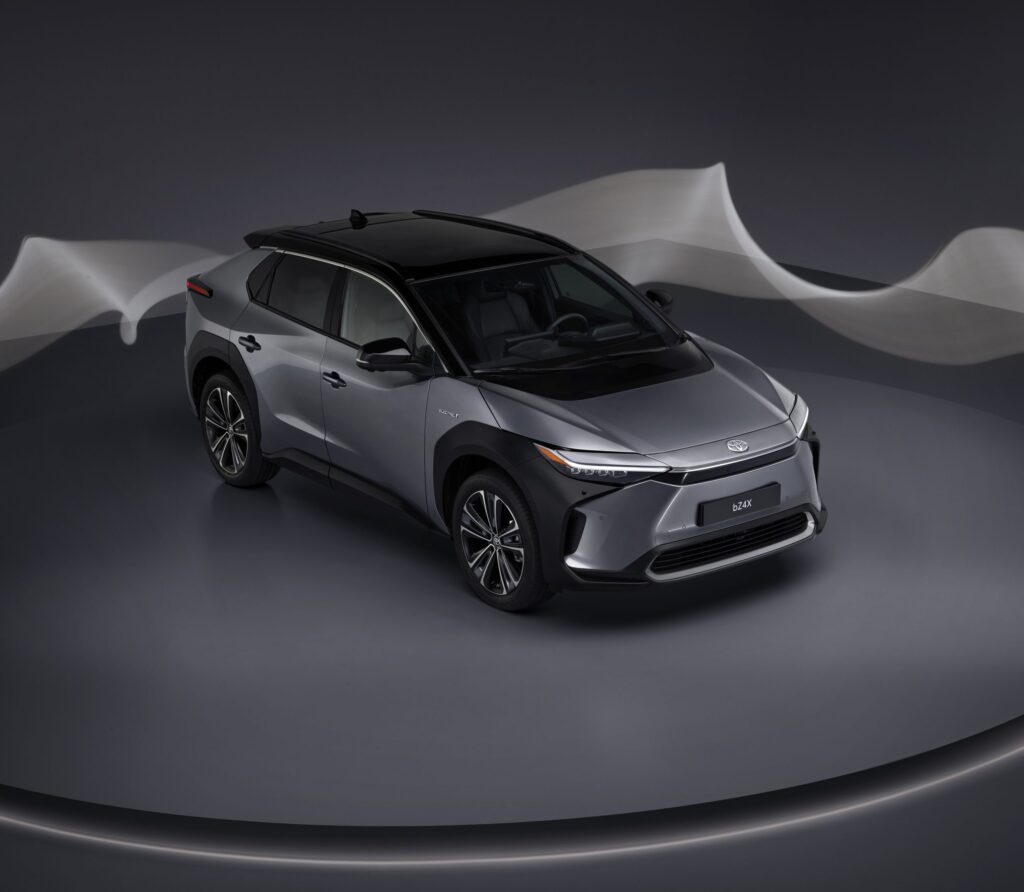
Toyota will also focus on aspects such as reducing energy use at its plants, to achieve carbon-neutral production by 2035, and work to find more secure and stable sources of essential resources – such as the lithium required for automotive batteries.
The company’s pronounced shift towards pure electric vehicles will come as a surprise to many, given that Toyota has historically favoured its proven and capable petrol-electric hybrid system over pure electric alternatives, due to its blend of real-world efficiency, performance and cost.
The company has also invested heavily in hydrogen fuel cell technology, which offers zero harmful emissions and quick refuelling times, although price and supporting infrastructure remain a challenge.
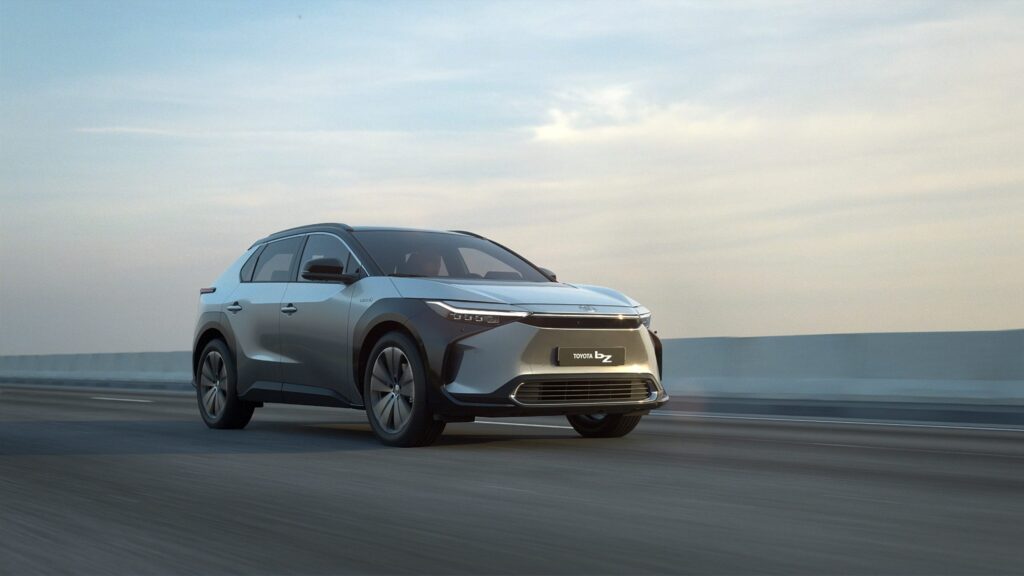
However, an increased focus on electric vehicles is inevitable due to changes in legislation, emissions-related targets and costs, and shifts in the buying preferences of customers.
The company has also dabbled with pure electric power in the past, and had previously planned to launch 15 battery-electric models by 2025, but its new plans reflect the increasing speed with which the environment and global marketplace is changing.
At the announcement of its new carbon-neutral strategy and electric expansion, 15 new pure electric concepts were also showcased.
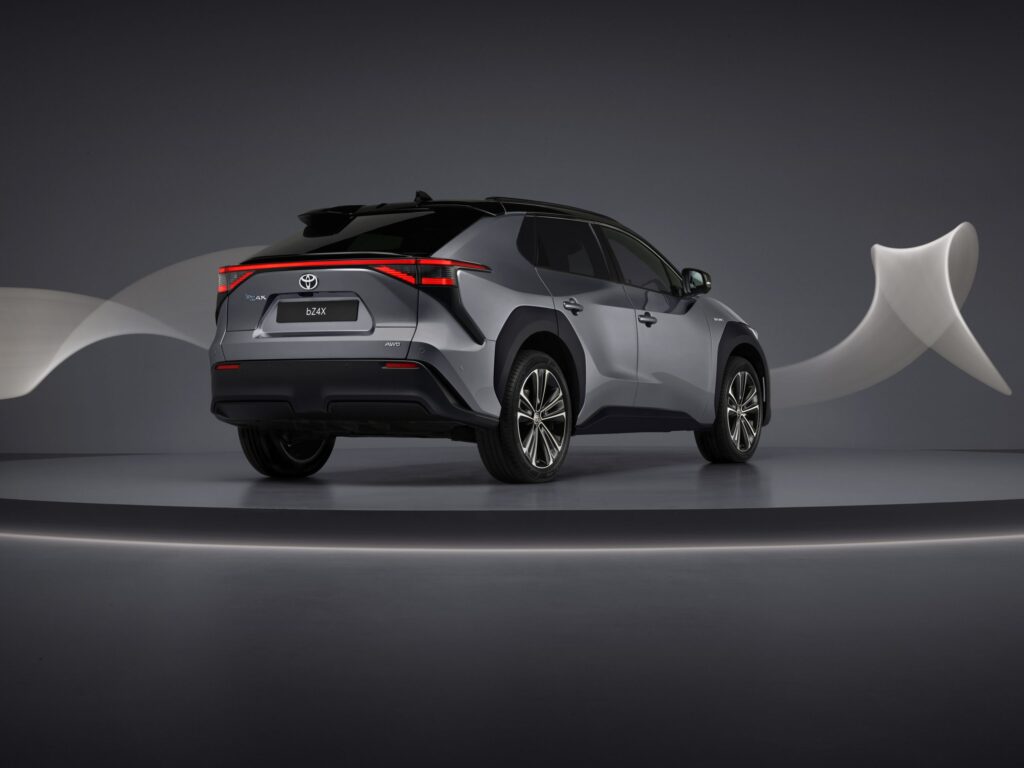
On display were an array of SUVs, a saloon, a sports car, a ute, commercial vehicles and a brace of Lexus concepts, including a flagship all-electric spiritual successor to the fabled V10-powered LFA supercar.
“The future that we showed you today is by no means far away,” said Toyoda. “Most of the Toyota battery EVs that we introduced here are models that will be coming out in the next few years.”
Also on the stand was the new all-electric Toyota bZ4X SUV, which Toyota’s first purpose-designed battery electric vehicle (BEV) and the result of another collaboration with Subaru.
The car, which is underpinned by the electrified Toyota New Global Architecture (e-TNGA) platform, will be offered in both front- and all-wheel-drive specifications.
The specific range of each is yet to be announced, but Toyota has suggested that the bZ4X will use a 71.4kWh battery that could grant a real-world range of more than 450km.
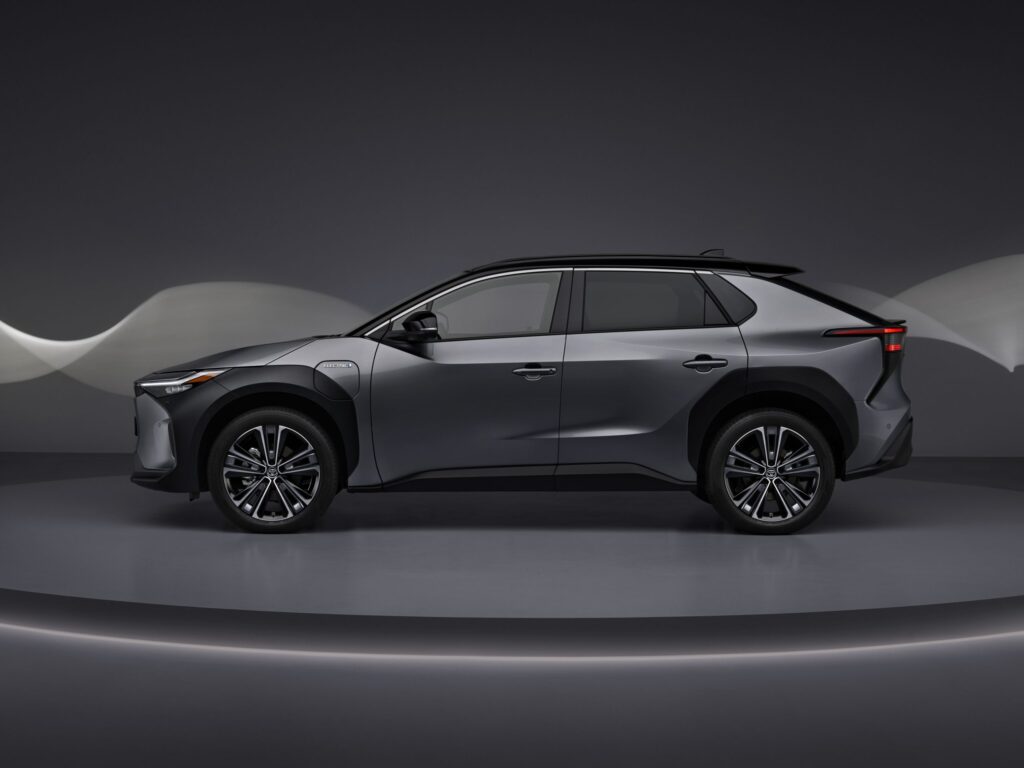
Toyota will, however, continue to develop and produce hybrid, plug-in hybrid and fuel cell vehicles, providing continued support and customer choice in markets where pure electric power might not be suitable.
“At present, the energy situation varies greatly from region to region,” said Toyoda. “That is exactly why Toyota is committed to providing a diversified range of carbon-neutral options to meet whatever might be the needs and situations in every country and region.
Toyoda also explained that Toyota’s strategy of focusing on a wide array of powertrains was intentional and designed to grant the company more flexibility in the future.
Synthetic fuels, for example, might permit a longer market lifespan, and improved acceptance, of cars featuring internal combustion engines – or battery production costs might leave electric cars outside the budgets of many for longer than expected.
“We believe that quickly adapting to changes in the future is more important than trying to predict the future, which is uncertain,” said Toyoda. “That is why we want to keep options available for our customers until the right path is clear.”
- CategoriesIn SightGlass
- Tagssightglass news issue 26

